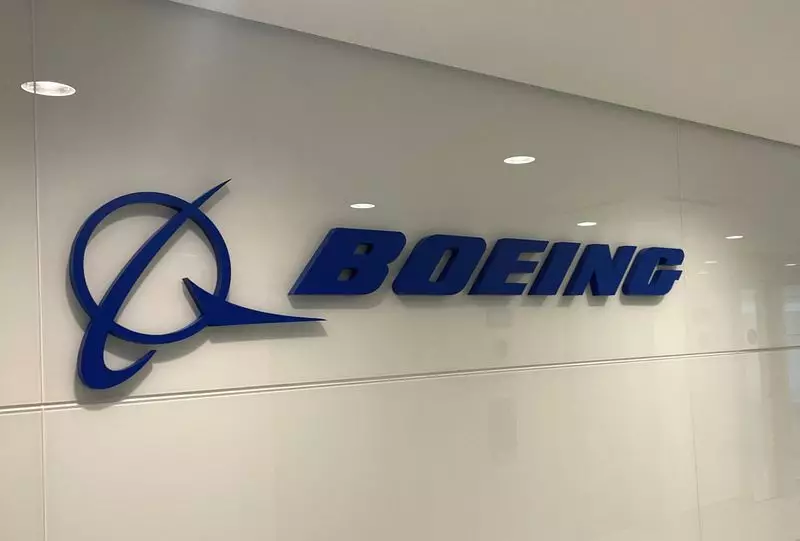In a demonstration of corporate allegiance, Boeing has announced a substantial donation of $1 million to U.S. President-elect Donald Trump’s inauguration. This decision aligns the aerospace giant with a host of other major American companies, such as General Motors and Ford, which have similarly pledged financial support for the prominent event scheduled for January 20. This trend of corporate contributions to political events raises questions about the intertwined nature of business and politics in the United States.
Boeing’s history of making significant donations during presidential inaugurations is not new; the company donated the same amount during Trump’s first inauguration in 2017 and has done so consistently for the previous three presidential events. The recurring financial support could reflect strategic positioning or an effort to maintain influence within the government’s corridors, particularly considering the complex relationship between Boeing and the present administration.
Historical Context and Implications
The aerospace sector has historically been tightly linked to government contracts, especially those involving national defense and aviation safety. Boeing’s decision to back Trump’s inauguration comes on the heels of the intricate negotiations related to the Air Force One project, where Trump successfully pressured Boeing to promise that the total cost would not eclipse $4 billion. Ironically, since that commitment, Boeing has faced significant setbacks with this program, reporting losses of over $2 billion due to delays in delivering two new presidential aircraft.
This complex backdrop raises the question of whether such contributions are primarily aimed at fostering goodwill or whether they are symptomatic of deeper concerns regarding operational stability within Boeing. Faced with mounting financial challenges and tougher regulatory oversight from the Federal Aviation Administration (FAA)—which has heightened scrutiny following a significant incident involving a faulty part in one of its aircraft—Boeing’s donations may also reflect a desire to secure a collaborative relationship with the new administration.
Future Considerations and Regulatory Challenges
As Boeing navigates this financially turbulent period, the need for strategic alliances cannot be overstated. The confirmation hearing for Sean Duffy, Trump’s nominee for the Department of Transportation, signifies a renewed focus on aviation safety, where inquiries into Boeing’s operational integrity are likely to dominate discussions. Duffy previously expressed a commitment to ensuring that Boeing produces “safe planes,” reflecting the administration’s prioritization of rigorous safety standards, an area where Boeing has faced serious challenges in recent years.
Ultimately, Boeing’s financial contributions to Trump’s inauguration underscore a broader narrative about the interplay between business interests and political maneuvering. As the company grapples with regulatory pressure and public scrutiny, the efficacy of such donations in shaping a favorable operating environment remains to be seen. The juxtaposition of financial contributions against the backdrop of operational challenges creates a compelling storyline that encapsulates the current state of corporate America and its relationship with the political sphere. Whether these moves will ultimately benefit Boeing in the long run or just pay lip service to power will be a crucial aspect to monitor as the new administration takes shape.

